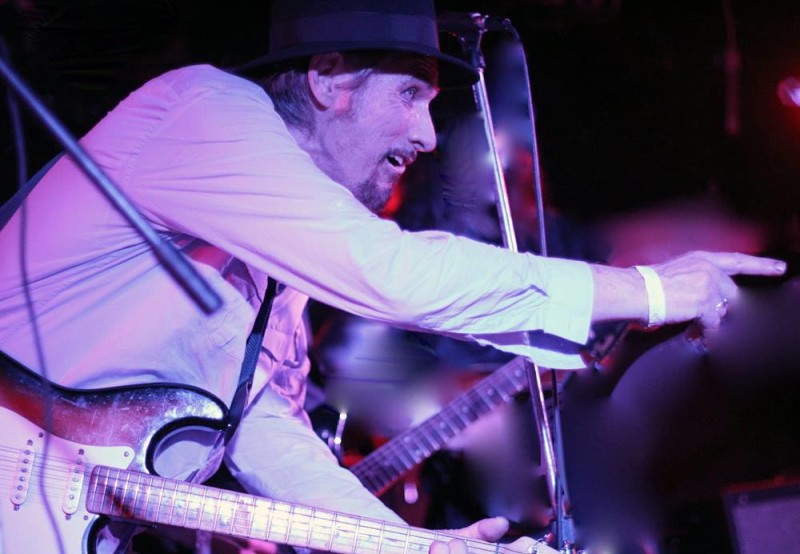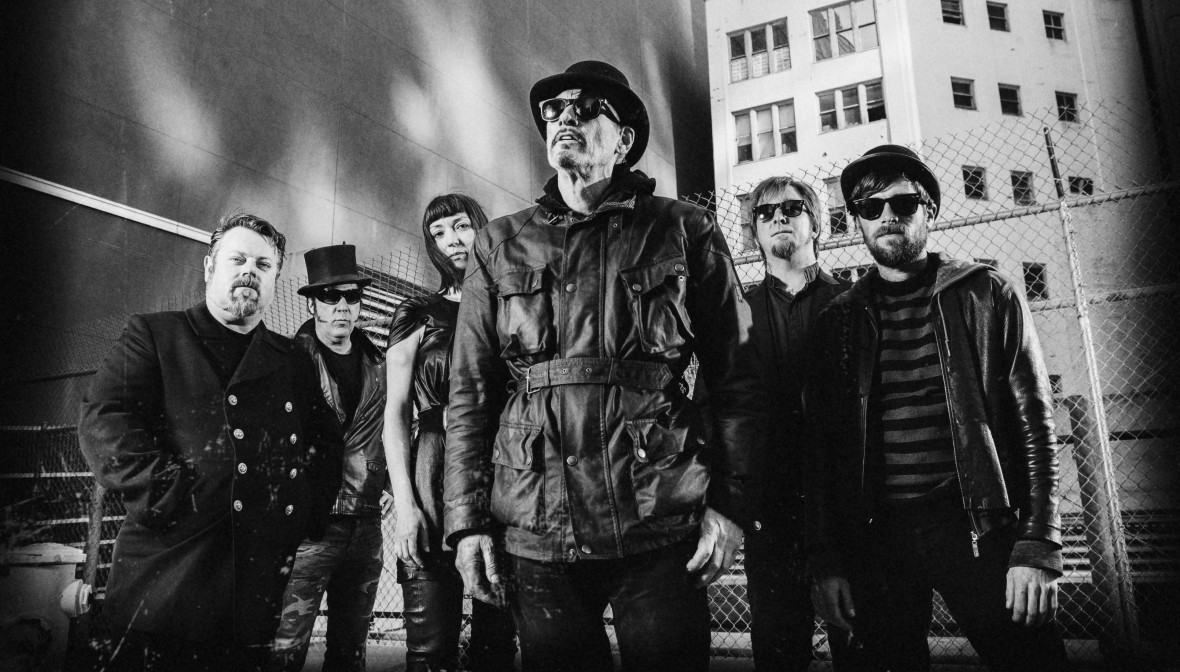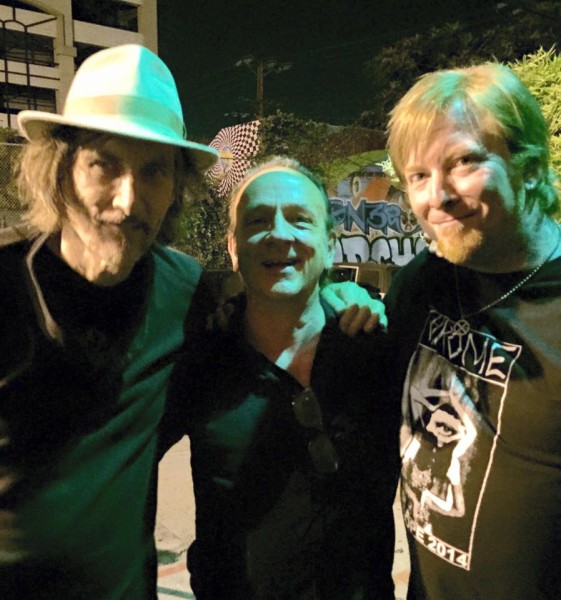When it comes to influential underground rock bands, San Francisco is (was) lousy with them. Throw a rock randomly into a crowd on Market St. and you could end up hitting a member of the Flamin’ Groovies, Crime, or maybe even one of the Residents (though in the case of the Residents, you couldn’t confirm it).
Out of all the Bay Area bands to have been declared seminal, Chrome is probably the most influential while having the least to show for it. Founded in 1975, their Stooges-meets-synths-and-experimental-noise sound is credited with being the beginning of industrial rock music — the stuff that that made careers for Nine Inch Nails and Marilyn Manson, among countless others.
Yet when I call longtime Chrome guitarist Helios Creed days before he left for a week-long west coast tour, he tells me he doesn’t know where he’s going to live afterward because he’s being evicted from his Santa Cruz home.
“The toilet pipe gave out when I was sleeping. I awoke to water everywhere,” Creed says. “They blamed me for what happened. The toilet pipe wasn’t even mentioned, and they served eviction papers the next day.”
Born and raised in Long Beach, Calif., Creed began playing guitar at age 12 after his father, in the Navy at the time, brought him a Guyatone electric guitar from Japan for his birthday. He started mimicking his guitar heroes like Jimi Hendrix and Jeff Beck, but in his later teens Creed would expand his horizons with psychedelic drugs and heavier groups of the ’70s like Hawkwind (he would later quip that he invented his guitar sound by trying to recreate what he heard “listening to Black Sabbath on LSD on headphones when I was a teenager”).

Creed moved to San Francisco in the mid ’70s, and soon met Chrome’s original bassist, Gary Spain, who introduced Creed to the group’s first album The Visitation. Creed not only enjoyed the music, but he knew he had to be in the band.



